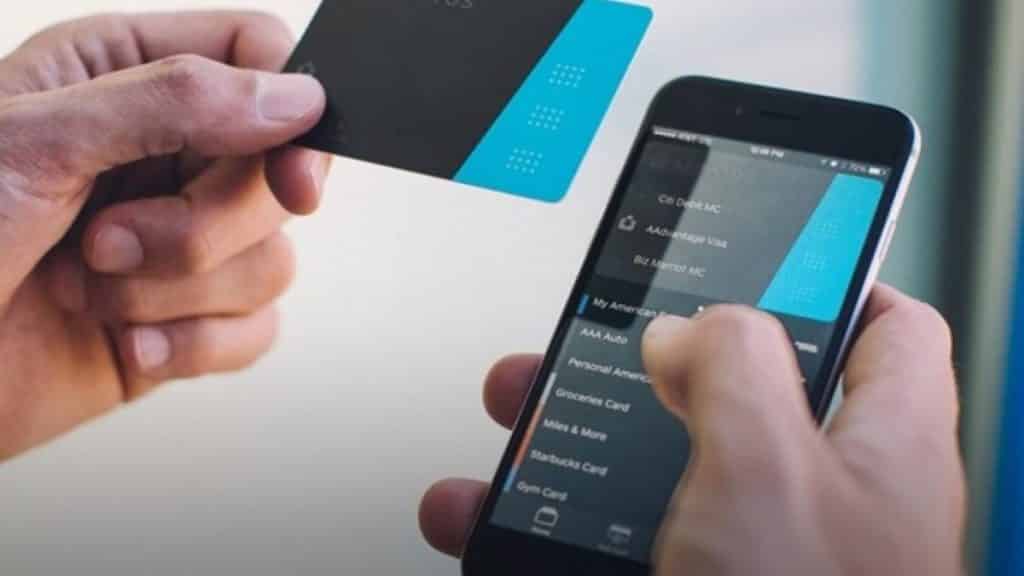PSP and EMI are two types of payment system licenses available in Lithuania.
Having a PSP or EMI license makes it easy and simple to operate within the European Union. However, an EMI license offers more features and costs more than a PSP license. Money of our time
Electronic money, a virtual value that is stored on a company’s server or on an electronic medium and can be used to pay for goods and services or to settle accounts with third parties.
Electronic money has the same value as real money, the only difference being that it exists in an electronic system and has no physical form.
Payment Service Provider
Companies with a Payment Service Provider license can process and execute payments on the Internet.
Financial intermediation is provided by these payment businesses in the form of performing payment transactions, withdrawing or depositing funds into payment accounts, and transferring money.
These firms can accept payments from different parties and process and execute quick transfers between different financial institutions in different countries.
All supporting documents must be submitted to the Bank of Lithuania when applying for a PSP license.
You must also have the necessary share capital to obtain a PSP license in the amount of EUR 125,000.
Electronic Money Institution
Based on the license, you can open an electronic wallet and other payment instruments for storing customer funds and issuing electronic currencies.
To register an electronic money company or payment service company you need an EMI license.
Before obtaining an EMI license, the company must be registered in Lithuania. The required share capital is from 350,000 euros and you must have proof of this. A set of documents will also need to be submitted to the Bank of Lithuania.
Bottom line:
Using PSP and EMI payment system licenses in Lithuania is popular because of the many advantages compared to other European countries.

